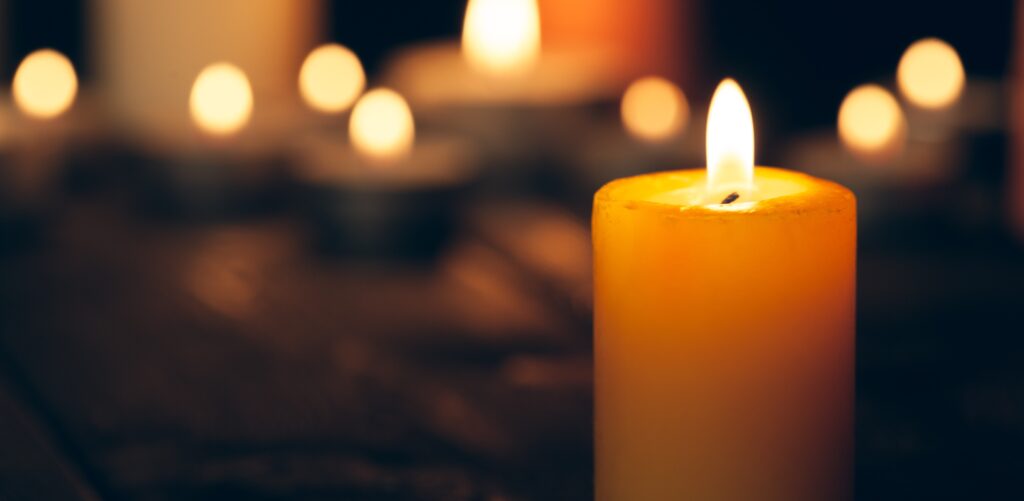
Cremation is the most popular method of body preparation following death. Greater than half of families now choose cremation for their loved one. Because this trend will likely continue, Dodds President, Neil Fogarty sat down with John Vinnedge, a CANA certified crematory operator and regional expert in cremation to get some facts about this process. John has worked in the funeral services industry since 1998 and is currently serving as an instructor at the Cincinnati College of Mortuary Science.
Interview with John Vinnedge
Q: With more individuals than ever choosing cremation, how do you see memorialization changing or being impacted?
A: Culture is rapid paced. Death is very inconvenient. Because people are in a hurry to transition from one thing to the next, then a lot of the time the memorialization might be something that gets lost in the shuffle or relegated to an afterthought. What rush is there to do anything? The thing about cremation is you have the ability to put things off.
Q: Why are cremated bodies looked at differently than embalmed bodies in terms of ceremony and memorialization. Why is there a disconnect?
A: It’s a very visceral thing in humans that they see something that doesn’t look like a body, they have a very difficult time equating it with a body. [Cremation and Embalming] is preparation and should be considered in the same way. Anything less is disrespectful. Cremation is not disposition, it’s preparation for final disposition. For what’s next.
Q: If any, what are the downsides to not memorializing?
A: There are many downsides. Not memorializing may cause loss in the permanent record. Digital and electronic is not permanent! People who are grieving need to be working toward something, channeling their energy toward doing something for the lost loved one. Memorialization is important because it allows the process to move forward instead of stalling out. When you lose somebody, if you have something to pour your energy into that is constructive, that’s definitely the way to go. This avoids self-destructive behaviors or behaviors that don’t benefit them in their grieving.
Q: Are there adjustments that you have seen in the funeral industry that have happened as people move away from traditional burials and services?
A: The “nones” (no church affiliation looking for a meaningful services that doesn’t involve organize religion) may involve a celebrant, rather than clergy. It is every bit as impactful and every bit as meaningful to them. The era of funeral director as an event planner, is now here. Providing facilities, scheduling the facilities, ordering the catering, like a jazz trio or somebody to play in the corner while everybody comes to visit. Takes the role of the traditional church. Funeral directors can fill the void for spiritual yet non-religious by being a celebrant or facilitator.
If you would like to learn more about cremation and memorialization, we recommend heading to our blog. We have several articles written by Neil Fogarty and Desiree Roose on cremation and the importance of memorialization.
Virtually any one of our products are suitable for cremation memorials. For specific creation product ideas, please click here.
